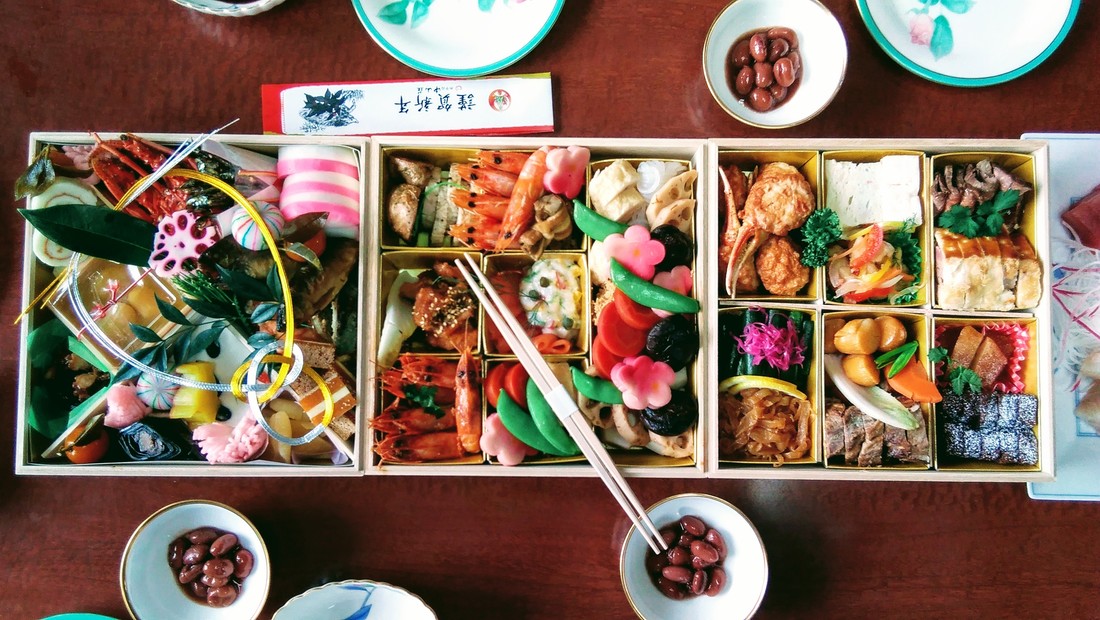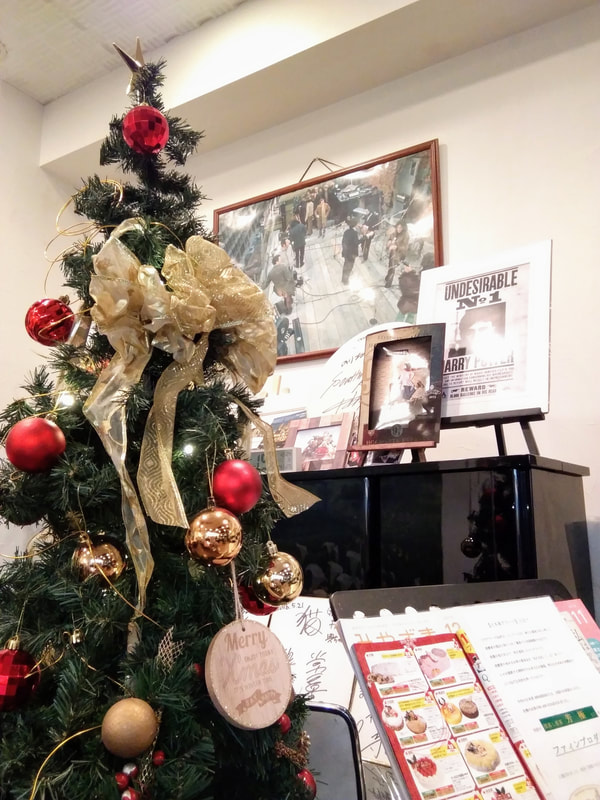|
To all the mothers out there, "Happy Mother's Day!" I hope you get lots of love and appreciation from your families today! I live very far away from my own mother, literally on the other side of the world! So, tomorrow morning I will give her a call on Skype. If I call her now, it will be way too early! But when I call her on my Monday morning, it will be Sunday evening for her, and still Mother's Day. Time zones make family holidays and birthdays a little complicated! This is my speaking diary of daily life. It's in easy English so you can enjoy some listening & reading practice and learn some useful daily conversation. Enjoy your day!
↓ Students & teachers, https://www.imagineigo.com/english-diary-resources.html ↑ you can freely download a printable copy of the text here! The Year of the Mouse has officially begun. One of my students made me a card. I think it's so cute! Thank you! Happy Lunar New Year everyone! This is my speaking diary of daily life. It's in easy English so you can enjoy some listening & reading practice and learn some useful daily conversation. Enjoy!
↓ Students & teachers, https://www.imagineigo.com/english-diary-resources.html ↑ you can freely download a printable copy of the text here! And... it's here! Happy New Year! May you all have a more peaceful and successful decade with a lot more togetherness. As an ESL English teacher, I'm doing my best to bring us all together through better communication. Everyone can find some small ways their own daily work moves us all towards harmony-- so let's all do more of that! Looking forward to a wonderful 2020 with you all! Jeffrey This is my speaking diary of daily life. It's in easy English so you can enjoy some listening & reading practice and learn some useful daily conversation. Enjoy!
↓ Students & teachers, https://www.imagineigo.com/english-diary-resources.html ↑ you can freely download a printable copy of the text here! It's the last night of 2019... just an hour to go before the new year! Thank you to everyone who made it a great year of English learning and great conversations. I'm looking forward to a wonderful 2020 with you too! Enjoy your holidays! This is my speaking diary of daily life. It's in easy English so you can enjoy some listening & reading practice and learn some useful daily conversation. Enjoy!
↓ Students & teachers, https://www.imagineigo.com/english-diary-resources.html ↑ you can freely download a printable copy of the text here! On Christmas Eve, I got a very nice Christmas card from my family. I said "it was very touching." So what does that mean? Touching what?! Well, my heart of course! The kind feeling of this card reached right out and "touched" my heart. Maybe you have learned the common phrases, "it was very moving" or "I was very moved". We use these phrases when something makes us experience a strong emotion, such as a dramatic movie or an inspiring speech. This means that our heart "moved" because of the strong emotion. But we can also use "touching" or "touched" to mean something similar. Usually, this is for lighter situations such as receiving a small but special gift, or watching a heartwarming romantic comedy movie. This means that the feelings or emotions connected with our hearts. So, if you suddenly receive a special gift, you could try this response: "Oh, thank you, I'm touched." And I hope you experience many of these "touching" moments this holiday season! This learning tip is part of my short daily diary. It's in easy English so you can enjoy some listening & reading practice and learn some useful daily conversation. Enjoy!
↓ Watch the original video mentioned in today's tip! https://youtu.be/txVXXPmzKX0 Today in Japan we welcomed the new year 2019 with a traditional feast called 'osechi'. It comes in a huge 3-tiered wooden 'bento' box. It is filled with many symbolic foods for beginning a happy new year.
Inside this wonderful box there are:
I hope your 2019 is filled with all of these things-- By the way, in the USA we don't really have such a special feast for the new year. We do the big feasting with our families on Christmas. (And we eat a lot!) Our new year festivities are focused on midnight of New Year's Eve. We throw huge public parties with friends and family to welcome the new year in with a BANG! (Often with lots of champagne!) Then we use the holiday of New Year's Day to recover by sleeping in late and watching parades on TV... Wherever you are now, I hope you have a fun start to a happy and successful new year--
|
AuthorJeffrey Categories
All
Archives
January 2024
|


 RSS Feed
RSS Feed